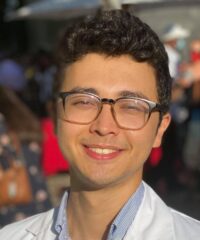Arthur Bookstein, MPH
Kyoung Ryul Lee, MD, PhD, CEO of the SCL Group, Seoul Clinical Laboratory, a Specialist in Laboratory Medicine
Kyoung Ryul Lee, MD, PhD, CEO of the SCL Group, Seoul Clinical Laboratory, a Specialist in Laboratory Medicine What motivated your decision to attend medical school and become a physician? Could you share some particularly
ISSUE 28
FROM THE PUBLISHER W elcome to the 28th edition of the World Asian Medical Journal. This issue encompasses a captivating cover story featuring an interview with Dr. Huang, a distinguished medical professional whose journey from
Youngmee Jee, MD, PhD | Inspirational Asian Healthcare Leader
INSPIRATIONAL ASIAN HEALTHCARE LEADER Youngmee Jee, MD, PhD Commissioner of Korea Disease Control and Prevention Agency INTERVIEW 01 Tell us how you decided to pursue a career in medicine. How did you choose your specialty?
Rethinking Hypothyroidism
Rethinking Hypothyroidism: Why Treatment Must Change and What Patients Can Do Author: Antonio C. Bianco, MD Translated by: Semin Kim, MD & Sihoon Lee, MD About the book “Rethinking Hypothyroidism” The limitations of current
The Internet of Things (Revision 2021)
Purchase LinkThe Internet of Things (Revision 2021) Author: Sam Greengard We turn on the lights in our house from a desk in an office miles away. Our refrigerator alerts us to buy milk on the
Superconvergence
Purchase LinkSuperconvergence Author: Jamie Metzl In Superconvergence, leading futurist and OneShared World founder Jamie Metzl explores how artificial intelligence, genome sequencing, gene editing, and other revolutionary technologies are transforming our lives, world, and future. These
The Strategic Importance of Location in the U.S. for Foreign Bio and Pharma Companies
The Strategic Importance of Location in the U.S. for Foreign Bio and Pharma Companies DoHyun Cho, PhD (CEO, W Medical Strategy Group) The U.S. Market: A Cornerstone of Global Expansion For pharmaceutical and biotech companies,
South Korea’s Healthcare Crisis: Beyond the Numbers
South Korea’s Healthcare Crisis: Beyond the Numbers Dongju Shin, Dong-Jin Shin INTRODUCTION The South Korean healthcare system has recently plunged into a significant crisis following a February 2024 announcement by the government to increase medical
Overcoming Disparities in Gastric Cancer Care
Overcoming Disparities in Gastric Cancer Care Chul S. Hyun, MD, PhD, MPH Gastric Cancer and Prevention Screening Program, Yale School of Medicine, New Haven, CT Gastric cancer is the fifth most common cancer worldwide,
The Global OR – An Introduction to Global Surgery
The Global OR – An Introduction to Global Surgery Kee B. Park, MD, MPH, Dawn Poh, MBBS, MRes Introduction An estimated 5 billion people worldwide lack access to timely, affordable, and safe surgical care, including

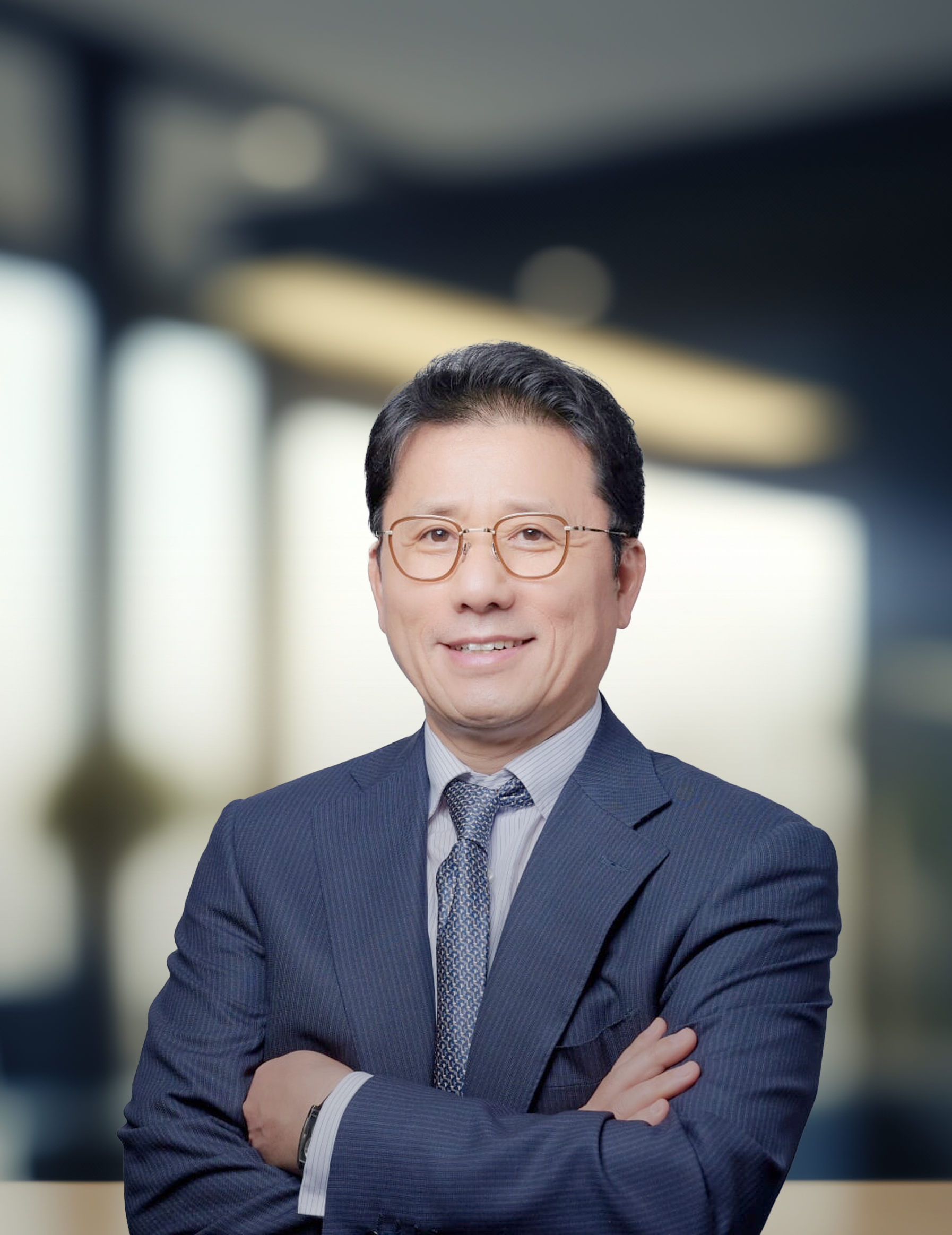
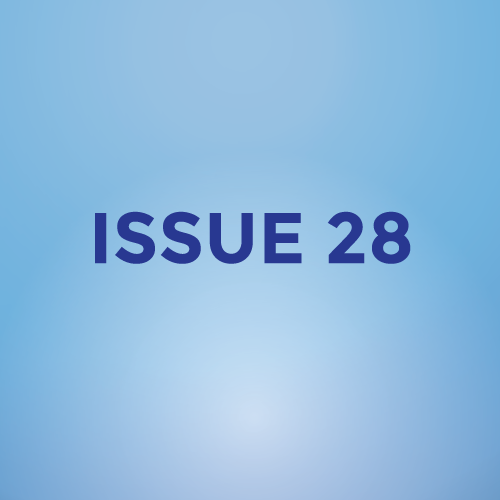
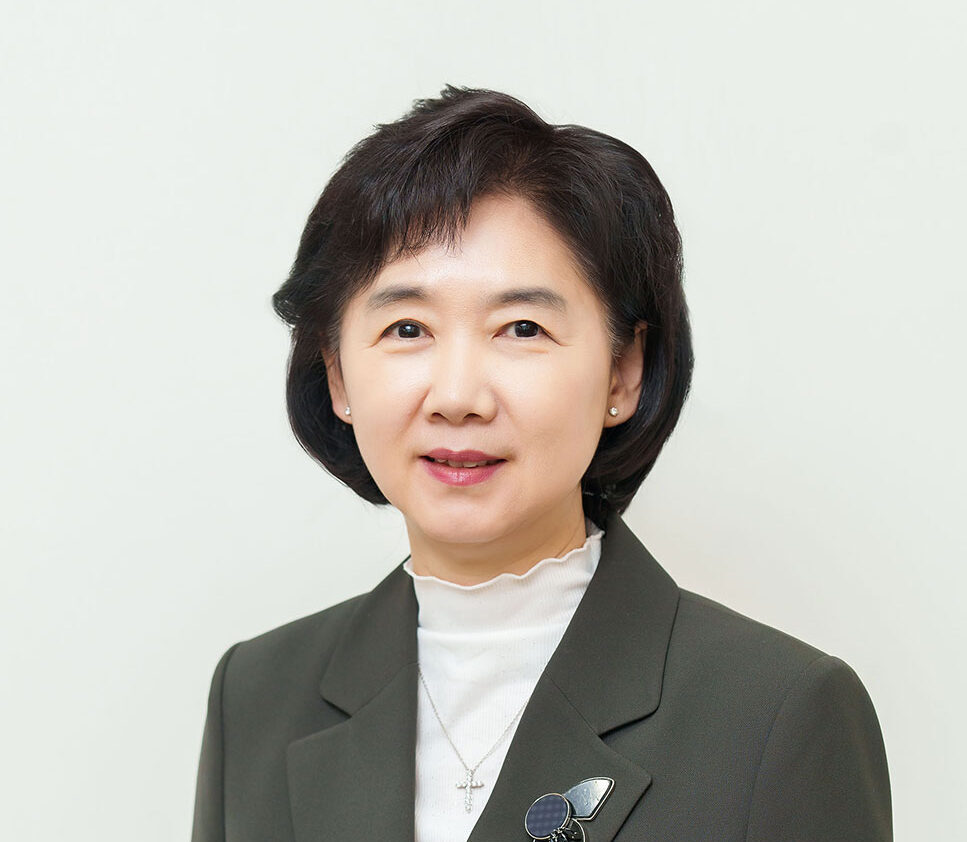
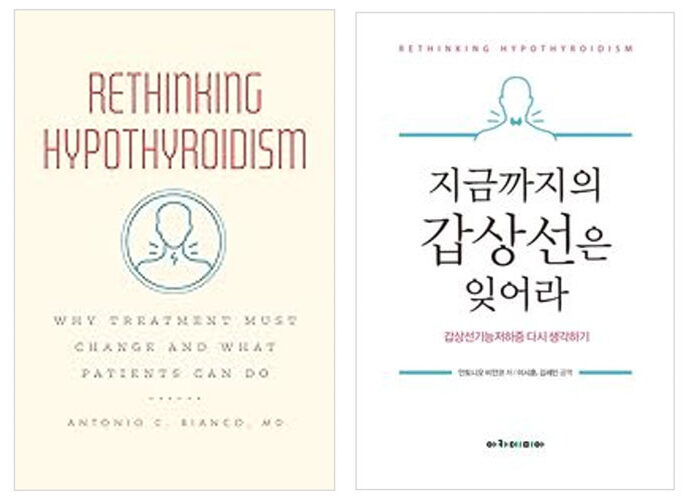
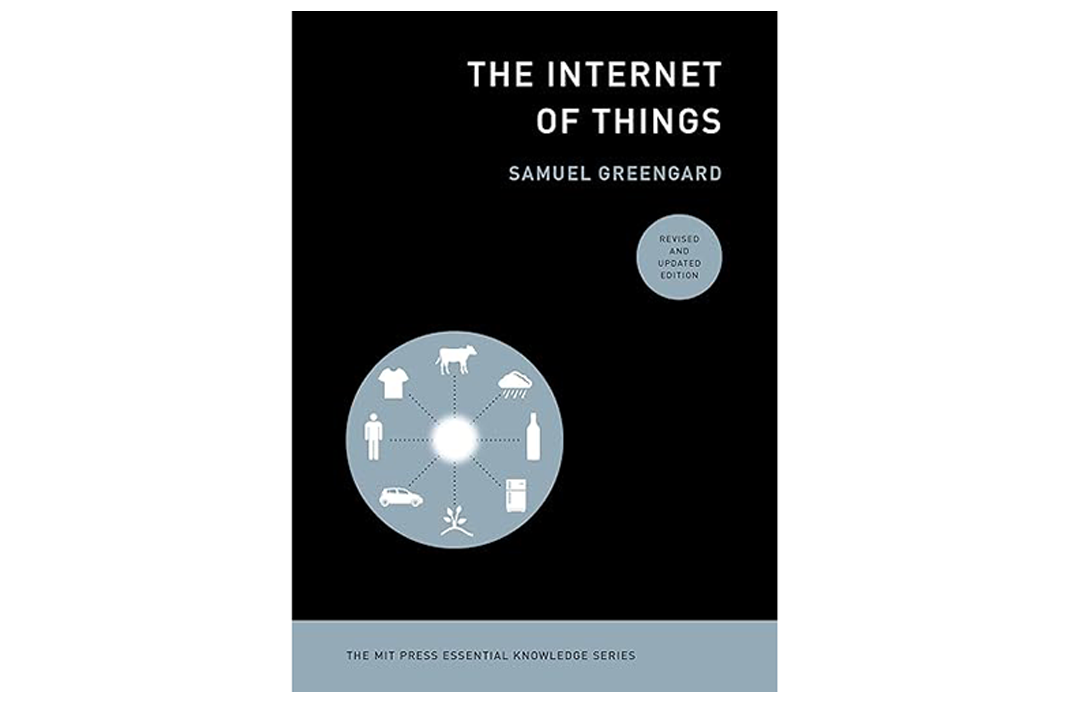
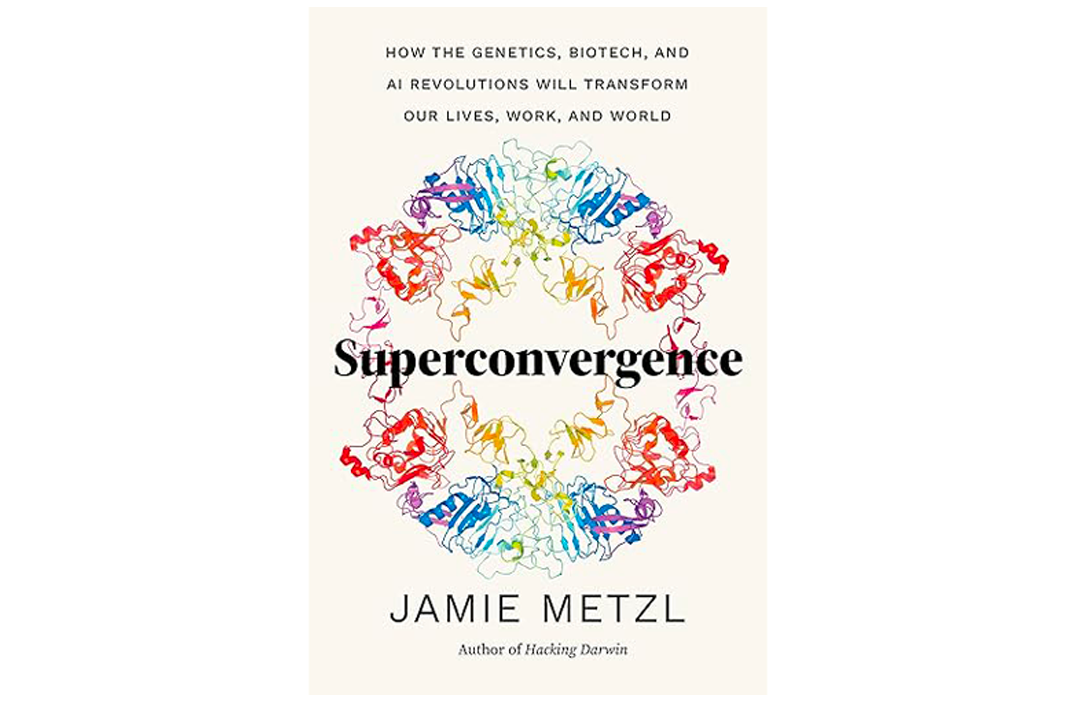
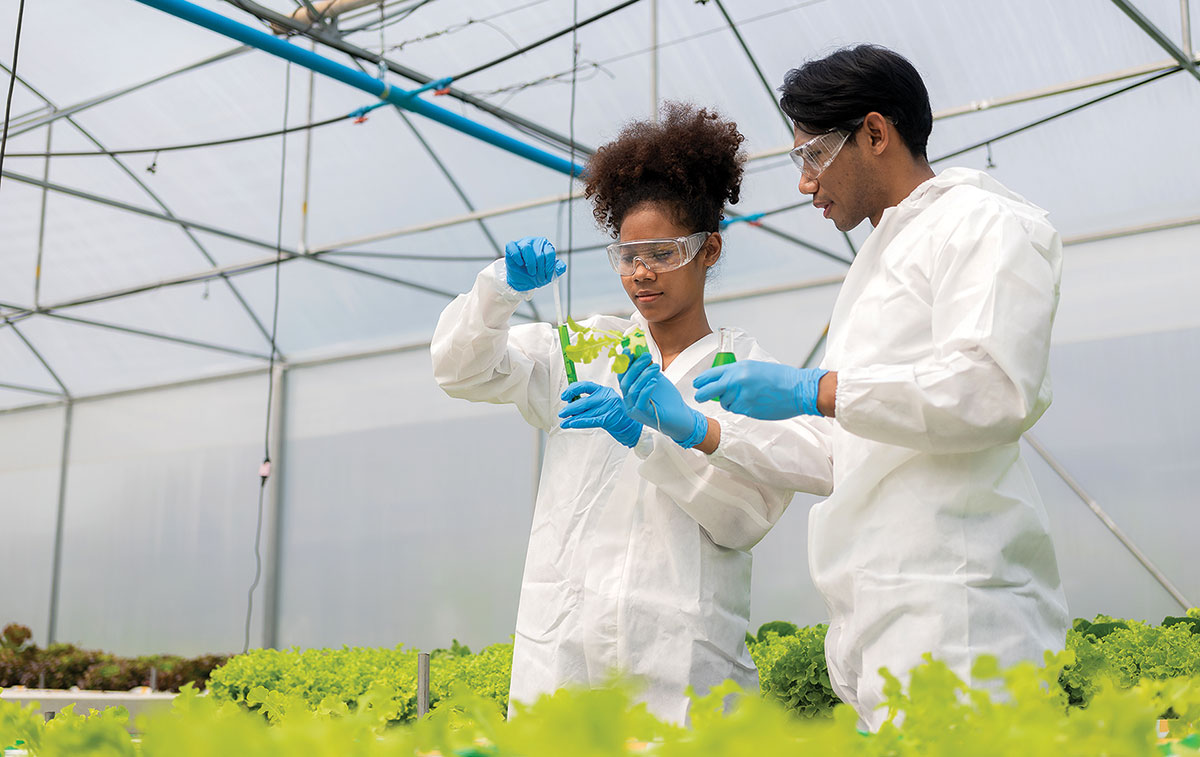
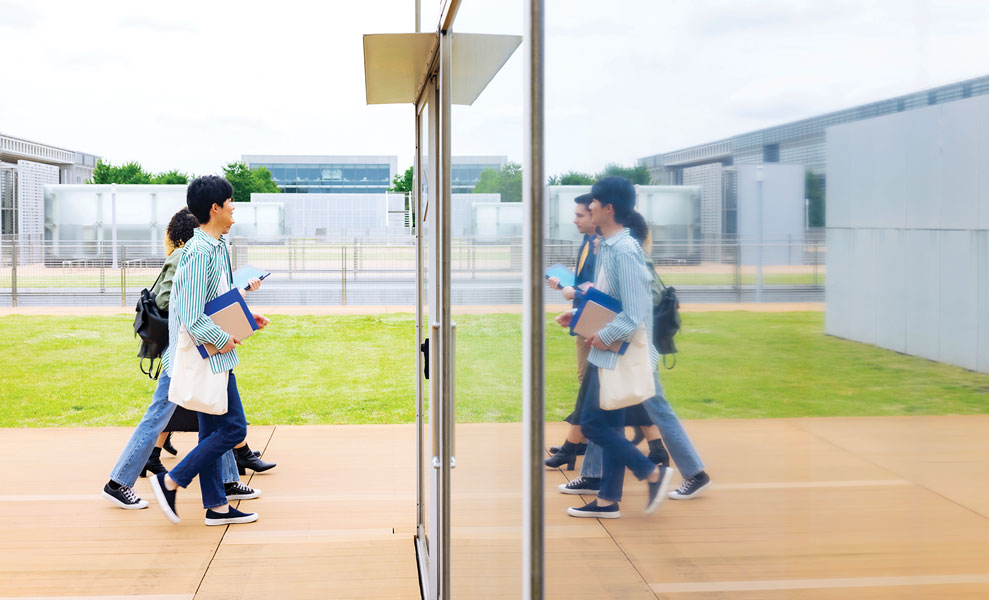
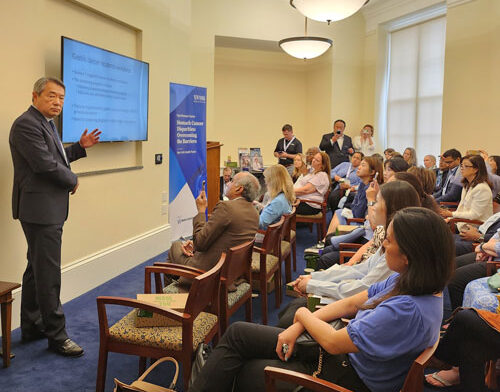
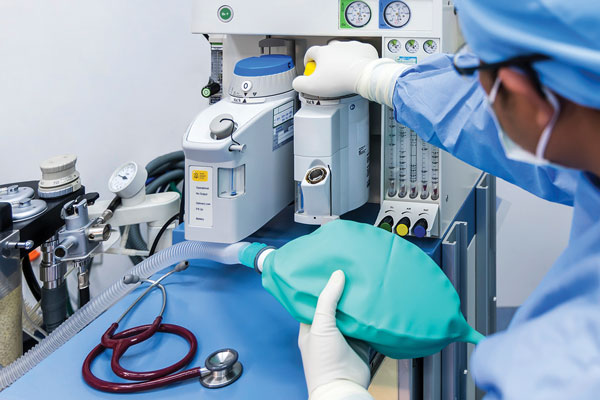
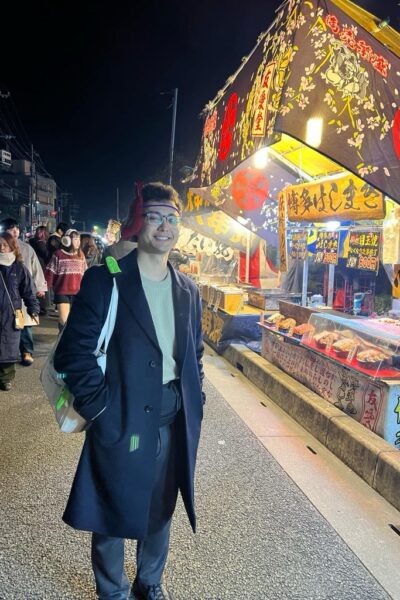 Hi there! I’m Arthur, a fourth-year medical student at the Keck School of Medicine of USC with plans to pursue a combined Medicine-Pediatrics residency and a Hematology/Oncology fellowship. I studied molecular biology and public health at UC Berkeley, where I also earned my MPH. During these years, I became increasingly interested in global health and epidemiological research as avenues to extend the impact of my work to larger populations and address health disparities on a larger scale. This eventually led to my partner suggesting that I apply for a Fulbright research grant to Japan, which would give me the opportunity to get further in touch with my Japanese heritage while working with internationally renowned cancer researchers. I initially thought the idea sounded neat but didn’t think I had a realistic chance of winning the award. Still, when it came time to apply, I decided to give it a shot. I began preparing my application towards the end of 2022, with no idea that almost two full years later, I would be flying to Japan to begin my year as a Fulbrighter.
Hi there! I’m Arthur, a fourth-year medical student at the Keck School of Medicine of USC with plans to pursue a combined Medicine-Pediatrics residency and a Hematology/Oncology fellowship. I studied molecular biology and public health at UC Berkeley, where I also earned my MPH. During these years, I became increasingly interested in global health and epidemiological research as avenues to extend the impact of my work to larger populations and address health disparities on a larger scale. This eventually led to my partner suggesting that I apply for a Fulbright research grant to Japan, which would give me the opportunity to get further in touch with my Japanese heritage while working with internationally renowned cancer researchers. I initially thought the idea sounded neat but didn’t think I had a realistic chance of winning the award. Still, when it came time to apply, I decided to give it a shot. I began preparing my application towards the end of 2022, with no idea that almost two full years later, I would be flying to Japan to begin my year as a Fulbrighter.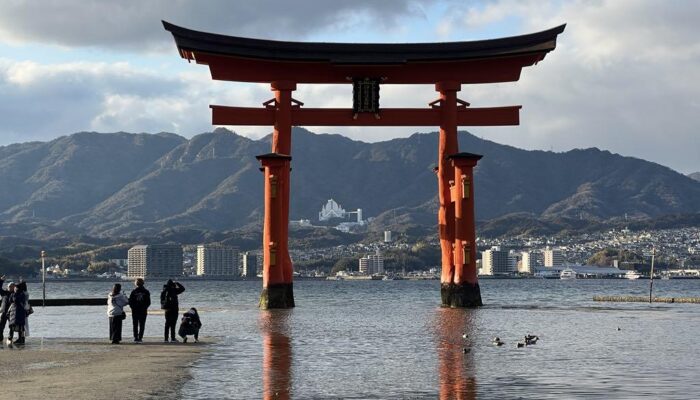
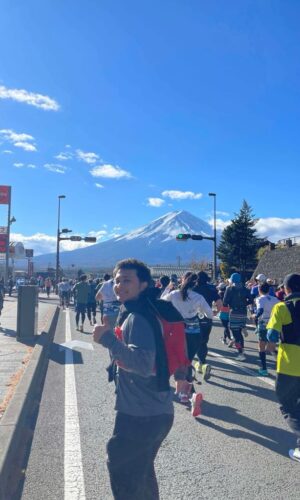 Outside of work, I’ve been trying to make the most of my time off to explore the country and the culture, and maybe learn a thing or two about myself along the way. Biking around Tokyo, weaving through narrow alleyways, bustling streets, beautiful parks and tucked-away temples. Watching the sun set over the endless Tokyo skyline. Attending lectures at the University of Tokyo and conferences in south Shikoku. Inhaling delicious Japanese cuisine at every opportunity (despite the variety of incredible dishes to choose from, I always find myself coming back to a simple bowl of kitsune udon as my proven favorite). Experiencing hanami (cherry blossom viewing) in Yoyogi Park. Destroying my legs running marathons along the Tosa bay and at the base of Mount Fuji. Visiting Hiroshima and reflecting on the immense effort and sacrifice required to build and maintain peace. My most adventurous excursion was over the New Year’s holiday, when I went on a biking trip through Kansai, circling the stunning Lake Biwa and making my way through Kyoto, Uji, Nara, and Osaka before returning to Kyoto. I wandered through Kyoto’s ancient temples, sipped artisan matcha tea in Uji, made friends with the deer in Nara, and took in the bright neon streets of Osaka at night.
Outside of work, I’ve been trying to make the most of my time off to explore the country and the culture, and maybe learn a thing or two about myself along the way. Biking around Tokyo, weaving through narrow alleyways, bustling streets, beautiful parks and tucked-away temples. Watching the sun set over the endless Tokyo skyline. Attending lectures at the University of Tokyo and conferences in south Shikoku. Inhaling delicious Japanese cuisine at every opportunity (despite the variety of incredible dishes to choose from, I always find myself coming back to a simple bowl of kitsune udon as my proven favorite). Experiencing hanami (cherry blossom viewing) in Yoyogi Park. Destroying my legs running marathons along the Tosa bay and at the base of Mount Fuji. Visiting Hiroshima and reflecting on the immense effort and sacrifice required to build and maintain peace. My most adventurous excursion was over the New Year’s holiday, when I went on a biking trip through Kansai, circling the stunning Lake Biwa and making my way through Kyoto, Uji, Nara, and Osaka before returning to Kyoto. I wandered through Kyoto’s ancient temples, sipped artisan matcha tea in Uji, made friends with the deer in Nara, and took in the bright neon streets of Osaka at night.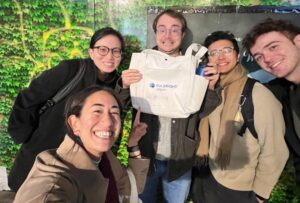 Experiences like my Fulbright year are invaluable for personal and professional growth. Stepping outside of my comfort zone, deeply understanding different perspectives, and engaging in self-reflection have all shaped my worldview dramatically. This kind of cross- cultural exchange is especially important today, at a time when people are increasingly divided and often unwilling to understand perspectives different from their own.
Experiences like my Fulbright year are invaluable for personal and professional growth. Stepping outside of my comfort zone, deeply understanding different perspectives, and engaging in self-reflection have all shaped my worldview dramatically. This kind of cross- cultural exchange is especially important today, at a time when people are increasingly divided and often unwilling to understand perspectives different from their own.